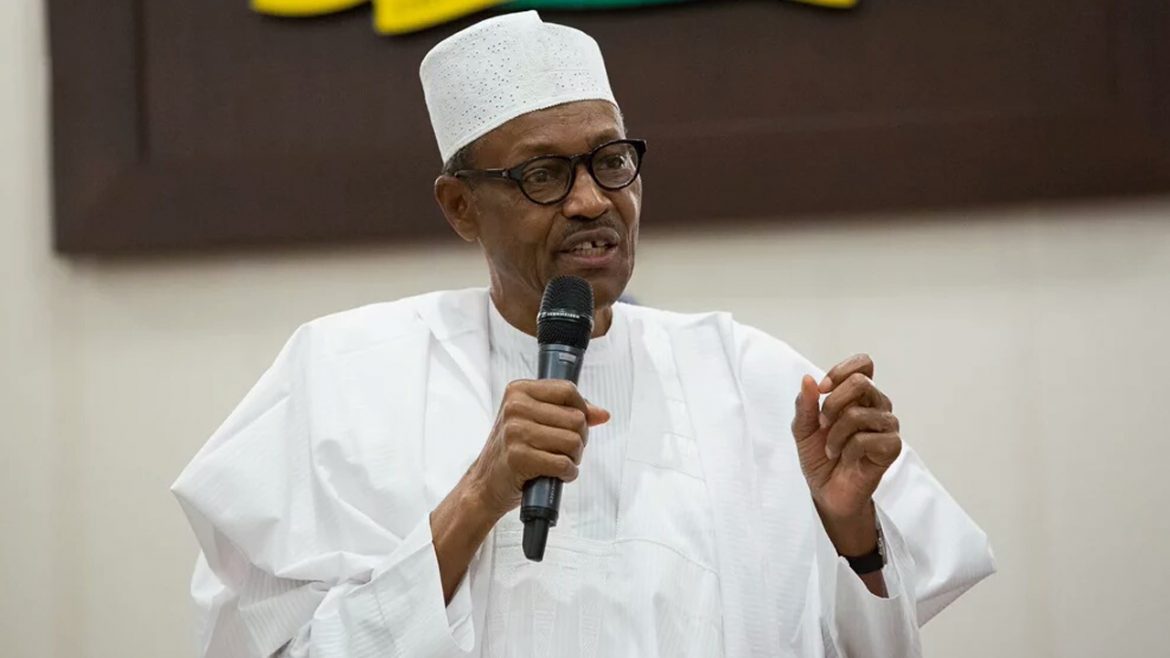President Muhammadu Buhari has said he is responsible enough not to allow
starvation kill millions of Nigerians.
Senior Special Assistant to the President on Media and Publicity Mallam
Garba Shehu said this on Sunday in a reaction to the recent alarm by some
aid agencies that starvation would kill one million internally displaced
persons in the northeast next year.
He said the nation appreciated the increasing humanitarian assistance
complementing the federal and state governments’ efforts in the region
currently facing humanitarian crisis.
Shehu explained that the crisis was a problem Buhari’s administration
continued to handle with great sensitivity.
He stated: “This notwithstanding, we’re concerned about the blatant
attempts to whip up a nonexistent fear of mass starvation by some aid
agencies; a type of hype that does not provide solution to the situation
on the ground, but more to do with calculations for operations financing
locally and abroad. In a recent instance, one arm of the United Nations
screamed that 100,000 people will die of starvation next year. A different
group says a million will die.
“The displacement pattern as revealed by the National Emergency Management
Agency (NEMA) with the International Organisation for Migration indicates
that there are currently about two million people who are displaced. Only
about 20 percent of this is however in IDP camps. This much reduced
numbers are in Borno in 13 formal and 16 satellite camps; four of such
camps currently operating in Adamawa and about the same number in Yobe.
The larger number of the IDP population is living either in self-settled
camps or with host communities. The affected states with active
collaboration with NEMA and the recently inaugurated Presidential
Committee on Northeast Initiative are deeply involved in efforts to
cushion the humanitarian challenges especially on food security and
nutrition.
“Through an ongoing arrangement, NEMA provides raw food items to IDPs at
formal camps, self-settled centres, host communities and satellite
centres. The states for their part provide condiments, firewood and
maintain environmental quality of the IDP camps. Beyond the IDP camps,
government agencies are distributing food in host communities. The T.Y
Danjuma-led PCNI is currently doing this in Borno State. In addition to
the supply of food, the Federal Government, through NEMA and the PCNI, has
made the provision of drugs to some major hospitals in the zone as a
priority. These agencies have also been deploying on continuous basis,
medical teams and equipment to the North-East to support the provision of
medicare to the IDPs.
“This country has a responsible government under the leadership of
President Muhammadu Buhari which is doing a lot to bring relief to the
displaced people. The Nigerian government which has been making the most
efforts in the entire endeavour will continue to work closely with the
local and international response groups to overcome this humanitarian
crisis. At this time when the focus is gradually shifting to towards
rehabilitation, reconstruction, resettlement, recovery and the dignified
return of IDPs back home, we can do with all the support out there in the
donor community.
“We do not, however, see the reason for the theories and hyperbolic
claims being made ostensibly to draw donor support by some of the aid
agencies. The situation on the ground, as it exists, provides sufficient
motivation to all well-meaning donors to come and do a decent part. The
hype, especially that which suggests that the government is doing nothing
is therefore uncharitable and unnecessary.”



